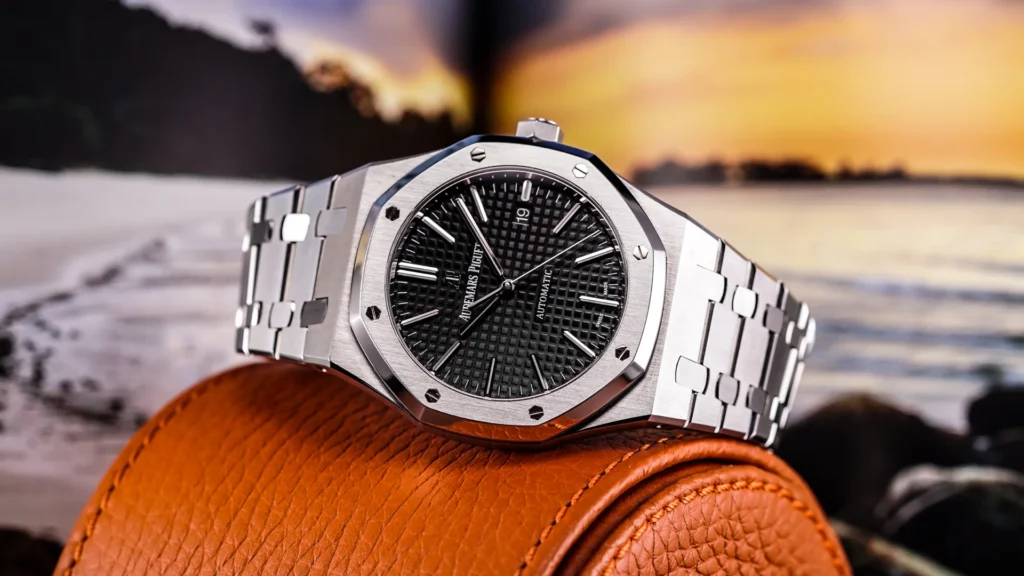Swiss movement watches are renowned globally for their precision, durability, and intricate craftsmanship. They represent a legacy of meticulous engineering and artistic dedication that has evolved over centuries. These timepieces are sought after for their unmatched quality and reliability, seamlessly blending functionality with timeless elegance.
What makes Swiss movements special?
- Precision Engineering: Every component is meticulously crafted to deliver unparalleled accuracy.
- Intricate Mechanisms: Swiss movements often feature hundreds of finely tuned parts working in perfect harmony, a testament to the skill of master watchmakers.
- Durable Materials: Only the highest quality materials, like sapphire crystal for scratch resistance and 316L stainless steel for corrosion resistance, are used.
- Stringent Quality Control: Each movement undergoes meticulous testing to ensure it meets the highest standards of Swiss horology.
Types of Swiss movements
Swiss watches come with three main types of movements:
- Mechanical Manual-Winding: These watches are powered by winding a mainspring and require periodic rewinding by the wearer. They are a classic example of traditional watchmaking expertise.
- Automatic Self-Winding: These movements harness the kinetic energy from the wearer’s wrist motion to self-wind the mainspring, offering continuous operation without manual rewinding.
- Quartz: These watches are battery-powered and regulated by a vibrating quartz crystal, offering exceptional accuracy and minimal maintenance.
Brands known for precision Swiss movements
Many brands are synonymous with precision Swiss movements, including:
- Rolex
- Patek Philippe
- Audemars Piguet
- Omega
- TAG Heuer
- Breitling
- IWC Schaffhausen
- Jaeger-LeCoultre
- Hublot
- Vacheron Constantin
Swiss movement vs. Swiss-made
While often used interchangeably, there is a distinction:
- Swiss Movement: Refers to watches where the movement (mechanism) is designed, assembled, and tested in Switzerland.
- Swiss-Made: A stricter designation requiring the movement to be Swiss, the watch to be cased and inspected in Switzerland, and have at least 60% of its production value from Switzerland.
Choosing the right Swiss movement watch
When selecting a precision Swiss movement watch, consider these factors:
- Intended Use: Determine if the watch is for daily wear, special occasions, or specific activities (e.g., diving, aviation).
- Budget: Swiss watches come in a wide price range. Setting a budget helps narrow the choices.
- Movement Type: Choose between quartz for efficiency and affordability, or automatic/mechanical for traditional craftsmanship and longer-term investment value.
- Complications: Consider desired features like date display, chronograph, or dual time zones.
- Brand and Authenticity: Research reputable brands and verify authenticity, especially for luxury models.
Ultimately, the choice of a Swiss movement watch depends on individual preferences and priorities.
